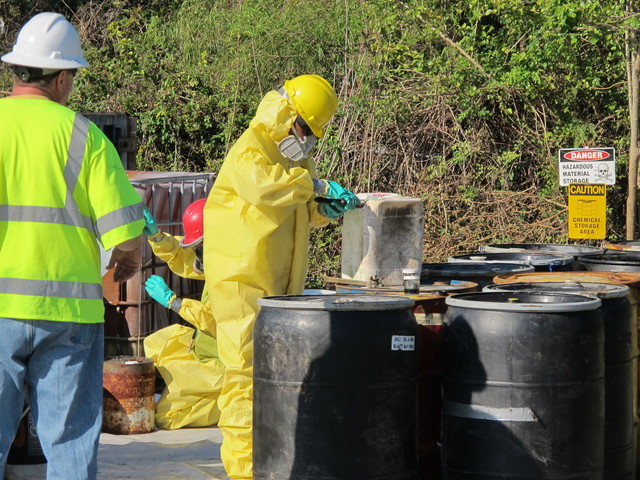News release
From:
Environment: Analysing the global trade of hazardous chemicals
Over 25 megatonnes of hazardous chemicals have been traded illegally between 2004 and 2019, despite regulations in place to mitigate their trade, suggests an analysis published in Nature Sustainability. The findings are based on over 66,000 trade records of chemicals regulated by the Rotterdam Convention, a global treaty that addresses the trade of highly hazardous chemicals.
Anthropogenic chemicals are responsible for adverse impacts on human health and ecosystems, including premature deaths, disabilities, sicknesses, biodiversity loss and environmental degradation. The Rotterdam Convention, which was enacted in 2004, is a key global treaty to regulate the trade of chemicals. According to the convention, for each chemical listed, all countries party to the Convention are required to decide whether they will allow future import of the chemical; it is then illegal to export a chemical to a country that has chosen not to import it.
Hongyan Zou, Zhanyun Wang and colleagues tracked the global trade of chemicals listed under the convention from 2004 to 2019 by analysing 66,156 trade records from the United Nations Comtrade database. Of the 46 chemicals analysed, which includes highly hazardous pesticides, industrial chemicals and multi-use chemicals, at least 64.5 megatonnes were traded during 2004‒2019, of which the authors suggest at least 25,324 trade records (equivalent to 25.7 megatonnes) were traded illegally. When the authors examined the geographical distributions of all the global trade, they identified that countries in Asia were the major importers of pesticides and multi-use chemicals, mostly exported from the USA and the Middle East. Central and Western Europe were major importers and exporters of industrial chemicals and multi-use chemicals. Despite the convention’s positive role for 70% of the listed chemicals, which show a decreasing trend in global trade, other chemicals, such as tetraethyl and tetramethyl lead, considered to have been phased out are still traded in substantial amounts.
The authors indicate that the global illegal trade of hazardous chemicals may be higher than reported in this study, as they were unable to capture additional unreported trade of intentionally mislabelled and/or smuggled chemicals. Coordinated efforts, including enhanced enforcement, are needed to ensure compliance to the convention and to address the widespread and large global trade and illegal trade of highly hazardous chemicals they conclude.



 International
International



